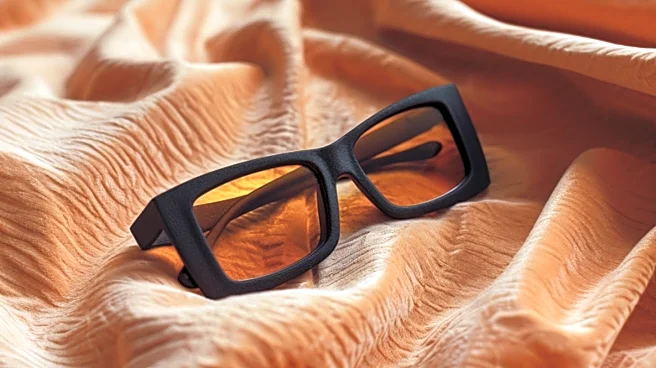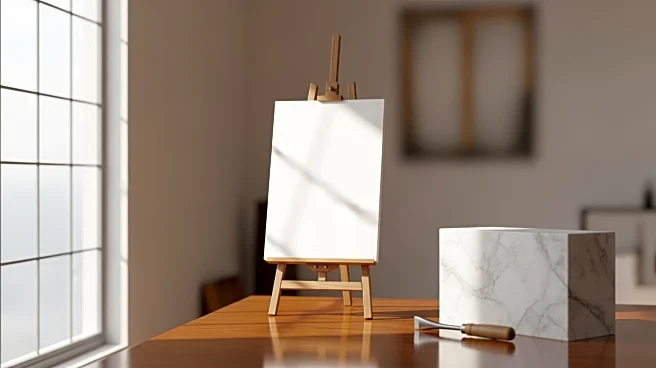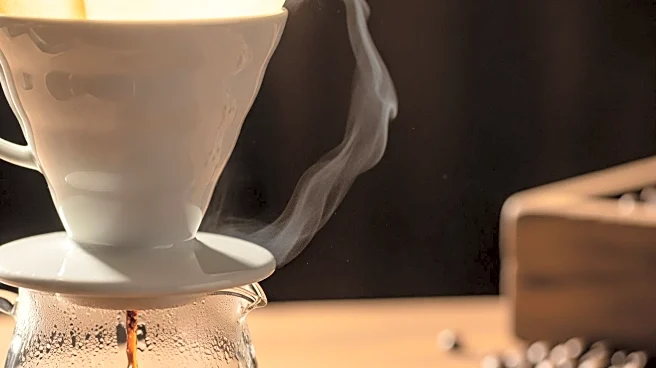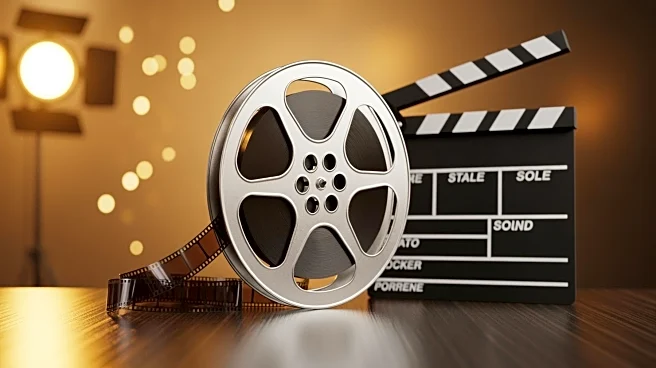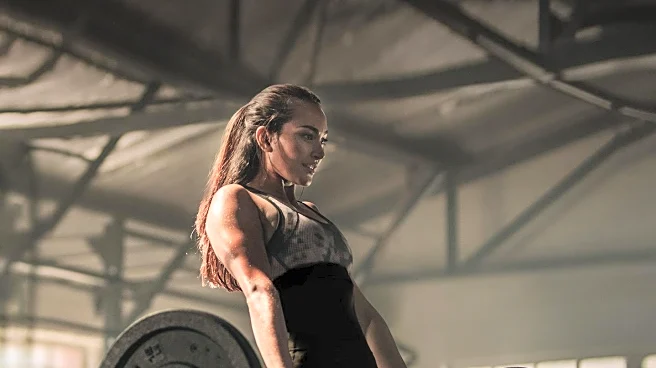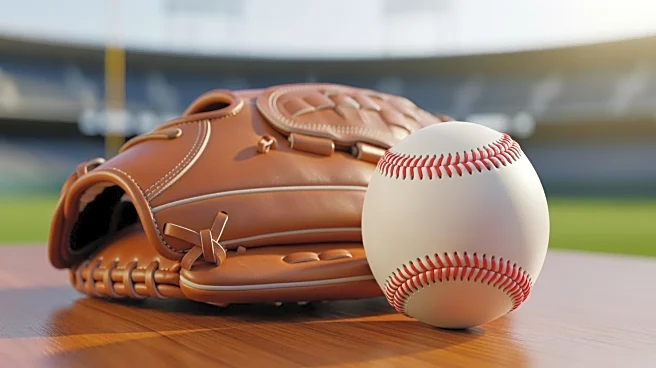What's Happening?
The perception of glasses as a fashion accessory has undergone a significant transformation, with the fashion industry playing a pivotal role in this shift. Historically, glasses were often associated
with intelligence and studiousness but not with desirability. In films and television, characters wearing glasses were typically portrayed as nerdy or socially awkward, with the removal of glasses symbolizing a transformation into conventional beauty. However, this narrative is being challenged as glasses are now celebrated as statement accessories. Minimalist wire frames, retro aviators, and oversized frames are increasingly featured on runways and in editorial spreads. Fashion brands like Gentle Monster and RetroSuperFuture have emerged, and celebrities and influencers are proudly wearing glasses, reframing them as stylish and confidence-boosting choices. Cultural icons such as Velma Dinkley and musician Lisa Loeb have demonstrated that glasses can be defining elements of personal style.
Why It's Important?
This shift in perception is significant as it challenges outdated beauty standards that equate attractiveness with the absence of glasses. By embracing glasses as fashionable accessories, the fashion industry is promoting a more inclusive definition of beauty that values individuality and self-expression. This change has broader implications for media representation, encouraging audiences to see characters who are smart, confident, and attractive while wearing glasses. Such portrayals can dismantle the old trope that beauty requires erasure of vision, fostering a culture that celebrates personal quirks and practical accessories. The evolving perception of glasses also impacts consumer behavior, with more people viewing glasses as enhancing personality and style rather than diminishing attractiveness.
What's Next?
As the fashion industry continues to embrace glasses as stylish accessories, it is likely that more brands will innovate in eyewear design, offering diverse options that cater to various tastes and preferences. Media representation may further evolve, with more characters in films and television depicted as confident and attractive while wearing glasses. This could lead to a broader cultural shift where glasses are universally recognized as enhancing rather than detracting from personal style. Additionally, the growing acceptance of glasses as fashion statements may influence other industries, such as advertising and marketing, to adopt more inclusive approaches in their campaigns.
Beyond the Headlines
The transformation in the perception of glasses also highlights broader societal changes in how beauty and fashion are defined. It reflects a move towards valuing authenticity and self-expression over conforming to traditional standards. This shift may encourage individuals to embrace their unique features and accessories, fostering a culture of acceptance and diversity. Furthermore, the fashion industry's role in this change underscores the power of media and cultural icons in shaping societal norms and perceptions.
